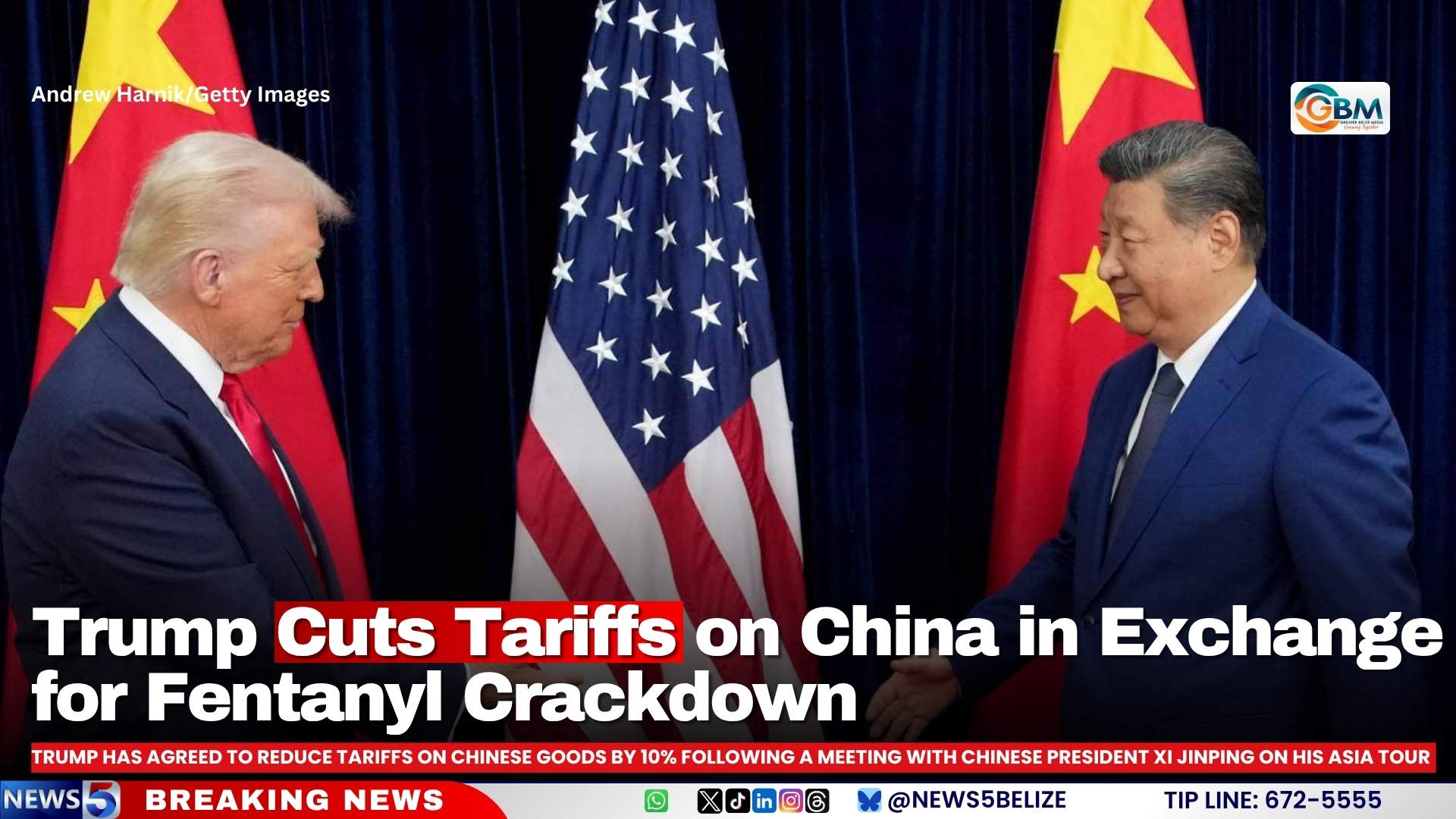In a significant diplomatic move, President Donald Trump has agreed to reduce tariffs on Chinese goods by 10% following a high-stakes meeting with Chinese President Xi Jinping during his Asia tour. The tariff reduction comes in exchange for Beijing’s renewed commitment to crack down on fentanyl exports, a critical issue for the United States. Speaking to reporters aboard Air Force One, Trump lauded the meeting as a “12 out of 10” and expressed optimism that a comprehensive trade deal is within reach. He also confirmed plans to visit China in April, with Xi expected to reciprocate with a visit to the U.S. later in the year. Trump justified the tariff cut by highlighting China’s “very strong action” on fentanyl, including adding key precursor chemicals to its controlled substances list and curbing black-market exports. U.S. agencies have observed a decline in fentanyl purity and border seizures, indicating some success in China’s efforts. However, critics caution that the deal is a gamble, given Trump’s previous accusations of China failing to honor similar commitments. Additionally, Beijing has yet to confirm a final agreement on TikTok’s U.S. operations, another contentious issue in trade talks. The deal also risks straining relations with Mexico and Canada, both of which face increased tariffs despite their own anti-fentanyl efforts. Canada, which accounts for less than 1% of fentanyl entering the U.S., may perceive the move as particularly unfair. Meanwhile, China retains significant leverage in the trade war, having restricted rare-earth exports, halted U.S. soybean purchases, and limited access to its AI chip market. Trump’s tariff rollback may be an attempt to regain strategic footing in a trade conflict where China has often dictated the pace.
